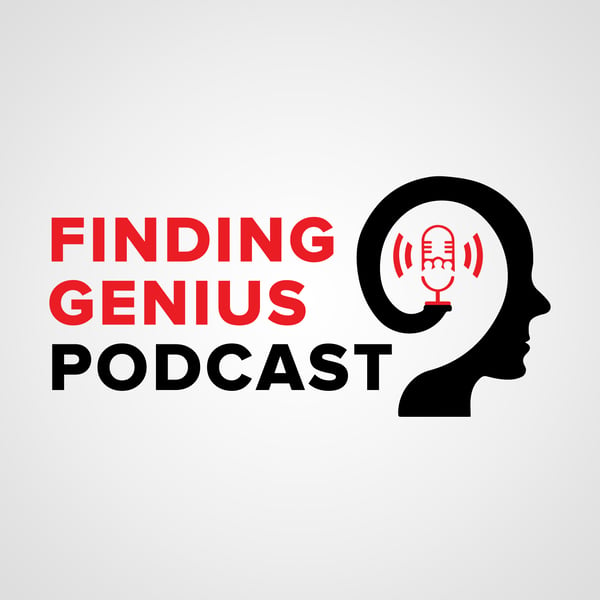Sensational Satellites – Creon Levit, Director R&D, Planet Labs – How Satellites Are Changing the Way We See and Study Earth
Finding Genius Podcast
Richard Jacobs
4.4 • 1K Ratings
🗓️ 5 August 2019
⏱️ 35 minutes
🧾️ Download transcript
Summary
Creon Levit, Director R&D, Planet Labs, provides an interesting overview of the advanced satellites that are being launched to help us better understand and monitor our planet.
Levit is a seasoned scientific expert. As an award-winning research scientist of the NASA Ames Research Center in Silicon Valley for 33 years, he was a leader and manager of many advanced projects that combined new techniques in scientific computing, machine learning, and complex graphics, to find solutions for crucial NASA problems.
Levit discusses his background and his current mission at Planet Labs, where they build, launch, and operate the world’s largest constellation of satellites to make changes on Earth more visible and actionable. As he states, Planet Labs has launched over 300 satellites to date, though approximately only half of those are still in orbit currently. Many that were simply launched for testing have now re-entered the atmosphere and burned up.
Levit explains their high-resolution satellites, discussing what they image and how they gather data. The research scientist talks about medium resolution satellites that image the Earth in visible, and near-infrared colors. He explains their resolution and quality level. Levit discusses their data set in regard to climate change, and he expounds upon their data that many environmental researchers access to further studies in multiple areas, such as climate, ice flow, species diversity, land use, and much more.
The Planet Labs scientific expert provides an overview of some, particularly interesting use cases. He describes one specific use of their daily data that delivers valuable information to ranchers, informing them about the optimum stage of grass development for ruminate animals to graze. By utilizing this data, ranchers can manage grass health and animal health simultaneously.
Additionally, Levit talks about the value of infrared and the many amazing things it can help researchers learn and differentiate. He explains spectral bands and elaborates on the detection of gases, specifically the tracking of environmentally-relevant gases.
Transcript
Click on a timestamp to play from that location
| 0:00.0 | You're listening to the Future Tech Podcast with Richard Jacobs. |
| 0:09.0 | Future Technologies such as Artificial Intelligence, |
| 0:11.8 | Stem Cells, 3D printing, gene editing, |
| 0:14.6 | Bitcoin, blockchain, the microbiome, quantum computing, virtual reality, and exploring space |
| 0:21.0 | are much closer than you might think. |
| 0:23.0 | In fact, many early versions of these technologies are in play right now, |
| 0:27.0 | and the companies that are using these technologies |
| 0:30.0 | for the focus of this podcast. |
| 0:32.0 | My goal for you, the listener, is to learn from these |
| 0:34.4 | podcasts. You may very well learn something that may change the course of your life |
| 0:38.2 | for the better, steer you towards a new career, or give you insight into |
| 0:42.4 | addressing a thorny medical problem. |
| 0:44.6 | Remember, this podcast and its content is informational and nature only. |
| 0:48.6 | No medical, tax, legal, financial, or psychological advice is being given. |
| 0:53.0 | If you've enjoyed the podcast, please listen, subscribe, like, and tell your friends about it. |
| 0:58.0 | Thank you. Hello, this is Richard Jacobs with the fusion check and |
| 1:07.6 | Ketchum podcast. I have Tom Kofflin, |
| 1:10.6 | president of the Koflin Associates. |
| 1:13.0 | He's a widely respected digital storage analyst |
| 1:15.4 | and business and technical. |
| 1:17.3 | You have over 35 years in the data storage industry |
| 1:20.2 | with various engineering and management positions. |
... |
Please login to see the full transcript.
Disclaimer: The podcast and artwork embedded on this page are from Richard Jacobs, and are the property of its owner and not affiliated with or endorsed by Tapesearch.
Generated transcripts are the property of Richard Jacobs and are distributed freely under the Fair Use doctrine. Transcripts generated by Tapesearch are not guaranteed to be accurate.
Copyright © Tapesearch 2025.

